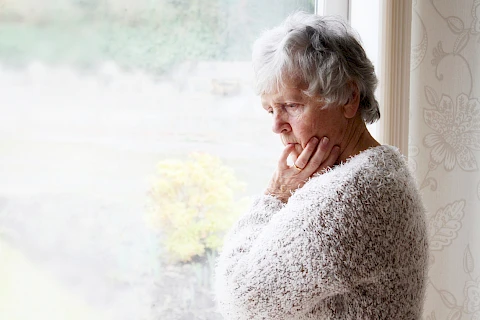
As our loved ones age, it becomes increasingly necessary to ensure their well-being and happiness. Companion care can be a lifeline for many seniors, providing not only practical support but also the emotional connection they need to thrive. Companionship can enhance a senior's quality of life. We want to support family caregivers by helping them recognize when their loved ones might benefit from companion care.
Behavioral Changes
One of the first indicators that a senior might need companion care is noticeable changes in behavior. These changes can manifest in a variety of ways. Seniors may become more socially withdrawn or isolated, avoiding social gatherings and reducing interaction with friends and family. Changes in mood or personality can occur, where a once cheerful individual might appear more irritable or apathetic. They may also lose interest in hobbies and activities they once enjoyed. If you notice any of these signs, you need to address them promptly.
Physical Abilities
Changes in physical abilities can also signal a need for companion care. Seniors experiencing difficulty with mobility or balance may have frequent falls or trouble navigating their living space. Personal hygiene or appearance might be neglected, indicating that daily grooming tasks are becoming too challenging. Furthermore, unexplained weight loss or gain could point to issues with preparing meals or remembering to eat. Regularly assessing these aspects of a senior's physical health can help determine if additional support is necessary.
Mental Well-being
Mental well-being is a necessary component of overall health, and declines in this area can be indicative of a need for companion care. Memory lapses or confusion, such as forgetting appointments or familiar places, may become more apparent. Managing daily tasks or finances could also become increasingly difficult, leading to missed bills or a lack of household organization. Signs of anxiety or depression, including persistent feelings of sadness or nervousness, should be taken seriously. Companion care can offer the emotional support and engagement needed to combat these mental health challenges.
The Benefits of Companion Care
Companion care provides numerous benefits that can vastly improve a senior's quality of life:
- Emotional support and companionship, help to alleviate feelings of loneliness and isolation
- Participation in conversations and enjoyment of mutual activities
- Assistance with daily activities and errands, such as grocery shopping, household chores, and meal preparation
- Maintenance of independence and comfortable living in their own homes
- Peace of mind for family members, knowing that a professional caregiver is providing consistent assistance
Senior Helpers The Villages Can Provide Companion Care
Recognizing the signs that a senior might need companion care can be vital in ensuring their ongoing health and happiness. Key signs include changes in behavior, physical abilities, and mental well-being. Family caregivers should remain vigilant for these signs and seek help when needed.
If you're concerned about a senior in your care, reach out to Senior Helpers The Villages. Our personalized companion care services are tailored to meet the unique needs of your loved one. We are committed to improving the lives of seniors in Ocala, Tavares, The Villages, and surrounding areas by offering the support they deserve.